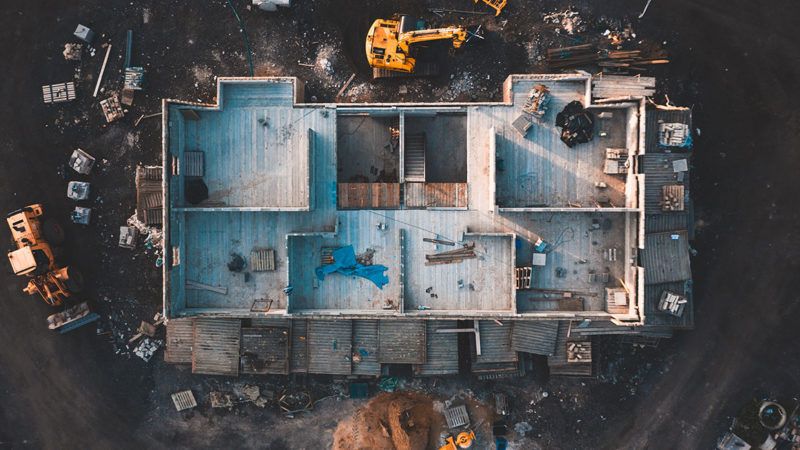California NIMBYs Aren't Letting the COVID-19 Crisis Go to Waste

In April, the rule-making body that oversees California's courts issued emergency rules for the COVID-19 pandemic that included a blanket extension of deadlines for filing civil actions until 90 days after the current state of emergency ends. For housing construction, alas, this new and longer statute of limitations applies to lawsuits filed under the California Environmental Quality Act (CEQA).
CEQA requires local governments to study proposed development projects for potentially significant environmental impacts. It also gives third parties the power to sue the government for approving a construction project if they feel that a particular environmental impact wasn't looked at carefully enough. The law has become a favorite tool of NIMBY ("not in my backyard") interests to delay unwanted developments or to extract concessions from developers. Anti-gentrification activists use CEQA to stop apartment buildings because they might cast too much shadow on the surrounding area. Construction unions use the law as leverage to secure exclusive labor agreements.
Under normal circumstances, these CEQA lawsuits have to be filed within 30 or 35 days of a project receiving final approval. By extending the statute of limitations to 90 days after the end of the state's COVID-19 emergency, the Judicial Council of California has given project opponents an indefinite amount of time in which to hold up development. This could effectively sabotage any construction project that hasn't already run out the clock on CEQA's statute of limitations, says Nick Cammarota of the California Building Industry Association (CBIA).
"If I'm a builder, I can't move forward with my project until the [CEQA] statute of limitations has expired," Cammarota says. "The reason why I can't do that is because if you do move forward, courts have the authority to order you to tear down what you've built….Lenders today are unwilling to fund those loans for construction until the statute of limitations has expired."
That's bad news for a state that's already suffering from an estimated shortage of 3.5 million homes and which has given itself the goal of building 500,000 new units a year to make up for the shortfall.
It is possible the Judicial Council will carve out a CEQA exception to its emergency rules, something the CBIA and many of California's local governments have asked it to do. The California League of Cities and two associations representing county governments have requested that the Judicial Council modify its emergency rules to allow the normal CEQA statute of limitations to resume after the COVID-19 state of emergency is lifted. Leaving the new deadline extension in place could mean another lost year for housing construction.
Rent Free is a weekly newsletter from Christian Britschgi on urbanism and the fight for less regulation, more housing, more property rights, and more freedom in America's cities.


Show Comments (14)